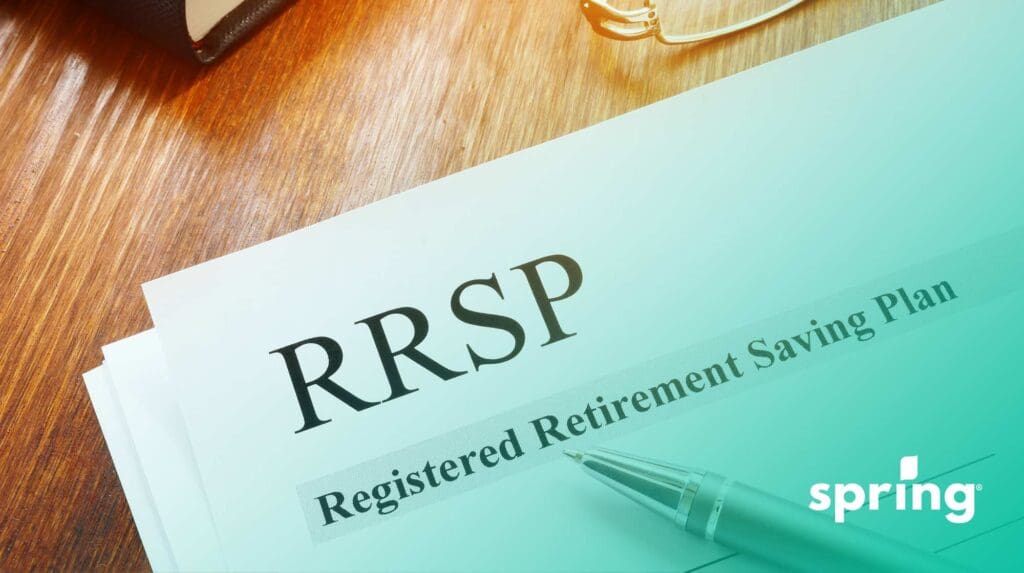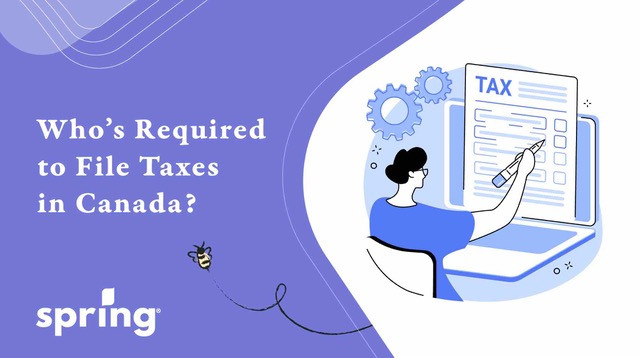Credit ratings are important, as a positive score can help you for a variety of reasons.
But remember, you want to take the long view, so when balancing one objective (tackling your unruly debt) against another (maintaining a positive credit score), keep in mind short-term pain for long-term gain. A loan could affect your credit score negatively in the near term, but you will come out better off further down the road.
We’re going to show you how applying for a debt consolidation loan is the smart move for a long-term play, and how it can eventually help your credit profile, even if it means a small, temporary blip to your score.
How Does Debt Consolidation Affect Your Credit Score?
It’s true that your credit score could take a short-term hit when you commence the process of debt consolidation. Here are two factors why:
Loan application: In order to roll your debts into one, you will need to apply for a personal instalment loan. When you make a loan application, the lender will likely perform what’s known as a “hard inquiry” on our credit report. This inquiry will negatively affect your credit rating by a small, temporary margin.
Starting new credit: Unfortunately, any time you open a new source of credit, whether it’s a credit card, loan or other lending product, you get dinged on your credit score. This is because you are seen by lenders to be more leveraged and taking on more risk.
Why Does a Hard Inquiry Affect Your Credit Score?
Also known as “hard pulls,” hard inquires happen when lenders check your credit status before deciding on your creditworthiness. This typically happens when you apply for a loan, credit card or mortgage.
There is also something known as a “soft inquiry,” which usually occurs as a background check when you apply for a job or fill out a rental application. Fortunately, these do not affect your credit score. The hard inquiry, however, lowers your credit score by a few points. That’s only temporary damage and goes away in time (an average of two years).
Although these credit score dings aren’t major damage, it’s a good idea to apply for credit selectively. Multiple hard inquires in a short span could signal to lenders that you are desperate for money and potential risk. However, if multiple hard inquiries are made for the same type of loan within a 14- to 45-day period, they’ll only be counted as one hard inquiry, which is good news if you’re shopping around for the best rate.
Read more: Does Checking Your Credit Score Lower It In Canada?
What’s the Long-Term Strategy with Debt Consolidation?
As we’ve discussed, there is going to be a minimal amount of temporary pain to your credit score when beginning the process of debt consolidation. But try to see the forest from the trees. Over time, if you are responsible with your debt repayments, your credit has the potential to improve significantly compared to whatever small hit it takes initially. Here’s what to expect:
Payment history gets positive: If you keep making payments on time to your consolidation loan, your credit score slowly rises. As long as you show you’re responsible, the credit rating will reflect your diligence.
Freed space helps your credit: One positive side effect of opening a new installment loan is you will suddenly have a greater amount of unused credit available. This helps your credit utilization (a measurement of unused credit), which helps your credit score. Also, if you move credit card balances to your new installment loan, and leave those credit cards unused, it will also significantly help your credit rating via credit utilization.
How Long Does Debt Consolidation Stay on Your Credit Report?
No need to worry about debt consolidation marking your credit report with a permanent black eye. In fact, it won’t even show up as a debt consolidation on your report, but rather as a personal loan.
Should I Get a Personal Loan for Debt Consolidation?
Consolidating your debts has many advantages, from simplifying your payments to one source and lowering your overall debt obligation with a more favourable interest rate, to improving your credit score over time.
Debt can be financially crippling and mentally taxing. Debt consolidation offers a lifeline to the disarray and stress that comes from multiple debts piling up on you. To have one debt obligation versus five can be a huge relief for someone who feels they are drowning without a life vest.
However, you must be ready to change any behavioural patterns that got you in trouble in the first place. And be ready to play the long game, as chances are paying back a debt consolidation loan will not be a quick process. Let’s weigh the pros and cons:
Pros:
- Single, manageable debt-to-service versus multiple debts overloading you
- Improves your credit score over time through repayments and credit utilization
- More favourable interest rates than credit cards, meaning you pay less in the long run
- Easier to obtain versus more credit cards and lines of credit
Cons:
- Temporary hit to your credit rating through the loan application and hard inquiry
- Could sink you further into debt if you continue using newly available space on other forms of credit
- Potential to miss payments and further erode your credit score
Take Control of Your Debt Today
At Spring Financial we work with clients of all credit backgrounds to help you consolidate debt and get yourself back on firm financial ground. Talk to us today about personal instalment loans to get your credit score improved and your debt under control.








